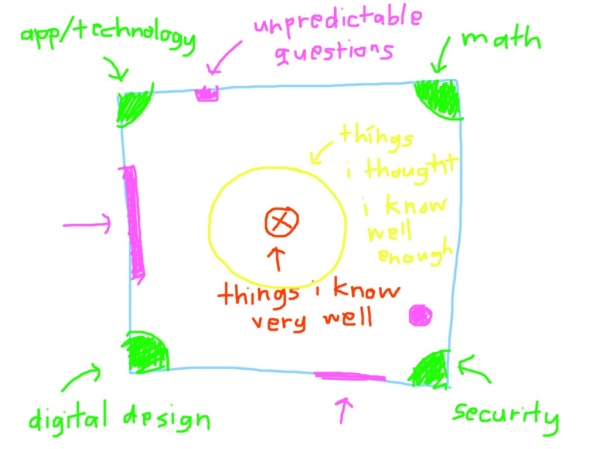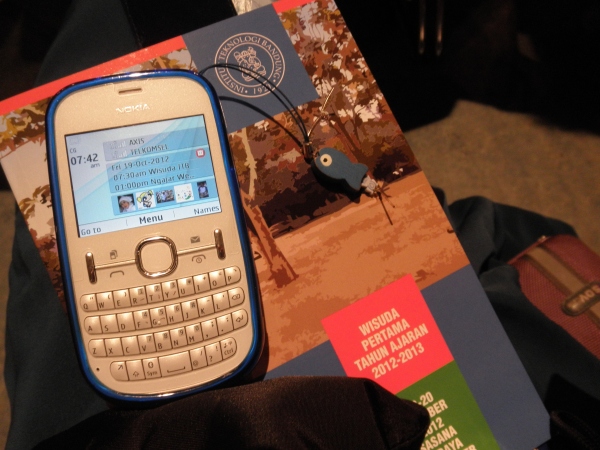The first thing I learned after I finish my doctoral study is: life as a phd student is somehow “better” than the afterlife. So like this post says: take your time doing the graduate study, do not graduate too soon 😀
Right after I graduate, I have to accept the reality that:
- No more scholarship so I have to work to earn money (I used to work when I was a phd student, but the pressure was not this much, heheh)
- No more status, so I practically become nobody
- No more deadlines, so I become jobless and have to create my own roadmap in a higher level: a roadmap of life
- Since still do not have affiliations, I realize that I cannot apply for a grant and write publications without docking to other people’s system
- I cannot use “really busy doing my phd research” as an excuse of my lunatic behaviour or to turn down unwanted offerings anymore
- Mother sets a super high expectation like I’m supposed to be hired with high salary, and get full accommodation like a car with a driver, hahaha
- The research I have been doing for years cannot be implemented right away. Mostly I have to do other things, other topics.
- The most unexpected thing yet the best thing is: some people interested in my phd thesis and willing to continue the research. The good thing is: I now have more allies to do the research, and I’m so happy that some of them find me through the internet and read my publications. The “bad” thing is: I have to answer their questions and explain everything like going through my defense all over again, and this really makes me nervous what if there is a flaw in my phd thesis 😀
So to survive in this cruel afterlife, here are things that I do:
- Looking for my own niche (still not find any yet) and find ways to use my skill (if there is any) to contribute to the universe (whichever universe)
- Continuing research, in every way possible
- Keep producing publications, including blog posts 😀
- Maintaining and expanding research group
- Accepting that sooner or later I have to let other people continue my phd thesis, and let my work re-tested and re-analysed, to give it more solid ground, and make me more confident that years of research is not for some bullshit and nonsense 🙂
I start to sound very much like cryptocodecg, maybe I should have posted this to the other blog 🙂




